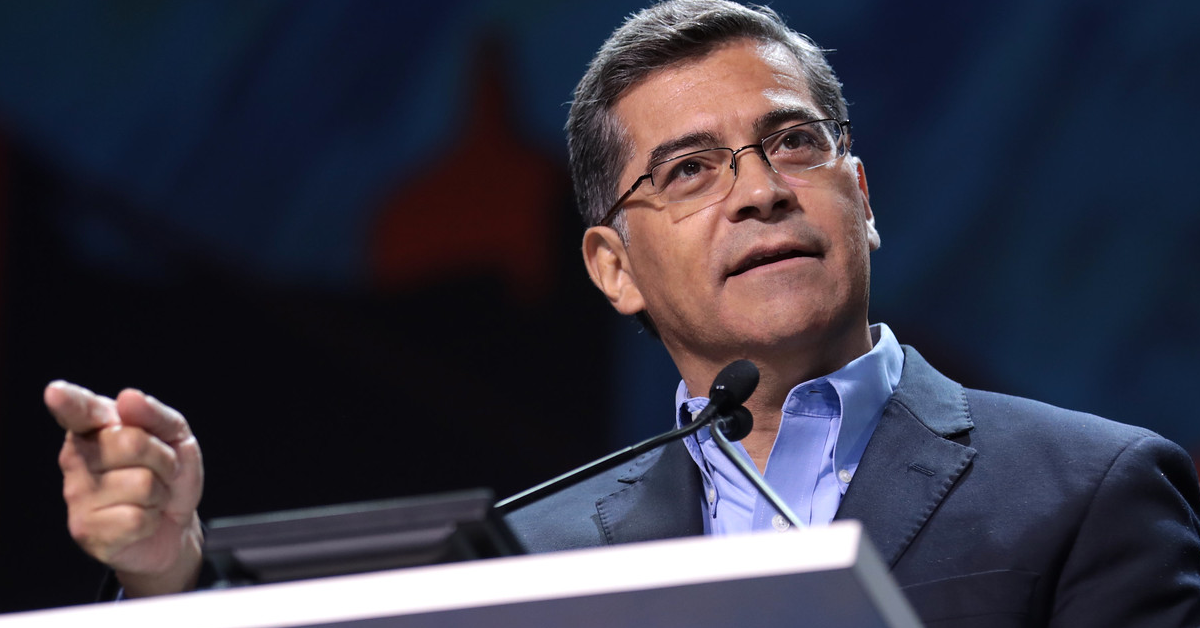In the Central Valley, cardrooms have created good jobs and significantly contributed to the local economy. Yet, Senate Bill 549, pending in the State Legislature, threatens to dismantle these law-abiding businesses that have been valuable community partners. If passed, this bill will have disastrous consequences—eliminating jobs, undermining our economy, and creating an unjust system.
Our elected officials must reject this legislation.
The cardrooms in our region have generated millions of dollars for the City of Fresno in tax revenue over the years which can be used for vital resident services such as public safety parks and roads. In addition, these businesses have contributed over $128 million a year in economic impact and several hundred jobs.
However, SB 549 threatens to unfairly close these businesses by allowing wealthy tribal casinos to sue their competitors (the cardrooms) over games that have been legally approved by the Attorney General for decades. This bill would create an unjust and unlevel playing field, forcing many cardrooms out of business. T
he loss of these businesses would not only harm local economy but also strip our communities of the tax revenues we rely on.
This is why cities, public safety organizations, and labor groups such as the California Professional Firefighters, AFSCME California, and SEIU California, strongly oppose SB 549.
One of the most troubling aspects of SB 549 is its blatant disregard for the authority of the Attorney General.
California’s Gambling Control Act has long established the Attorney General as the primary regulator of the state’s gaming industry. Every cardroom game is approved by the Attorney General’s office, ensuring that all operations comply with state laws. Yet, SB 549 would bypass this regulatory framework entirely, allowing courts to overrule the Attorney General who is the primary regulator of the cardroom industry.
This is not only unprecedented but dangerous. It sets a precedent where courts, rather than regulatory bodies, are tasked with making complex decisions about gaming operations. This would lead to endless litigation, overburdening California’s judicial system and creating uncertainty for businesses.
Perhaps the most egregious aspect of SB 549 is the double standard it creates. While tribes are granted the ability to sue cardrooms, they remain immune from lawsuits themselves, even when they violate California law. This inequity is unfair and unjust. If tribes wish to participate in the legal system, they should be held to the same standards as everyone else.
SB 549 is merely an end-run around these judicial decisions, allowing tribes to use lawsuits to achieve what they could not through legal argument. If passed, this bill would give tribes the power to shut down cardrooms through costly and protracted legal battles, further consolidating their dominance in the gaming industry.
It is important to remember that California voters have already rejected a similar proposal in Proposition 26, which would have granted tribes the same power to sue cardrooms. The proposition was defeated by a two-to-one margin, reflecting the public’s opposition to giving tribes a legal monopoly over gaming in the state. By pushing SB 549, the proponents are effectively attempting to nullify the will of the voters, a move that should alarm every Californian who values democracy.
SB 549 is a deeply flawed piece of legislation that would harm local economies, jobs and undermine the authority of the state’s regulatory bodies. It is driven by the greed of a few wealthy gaming tribes who seek to eliminate competition, regardless of the consequences for local communities. The voters, courts, and past Attorneys General have all rejected the arguments behind this bill, and it is time for our state legislators to do the same.











